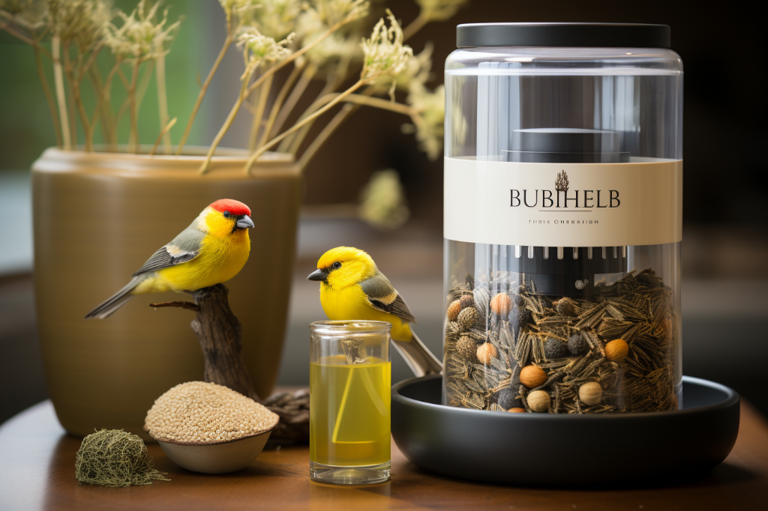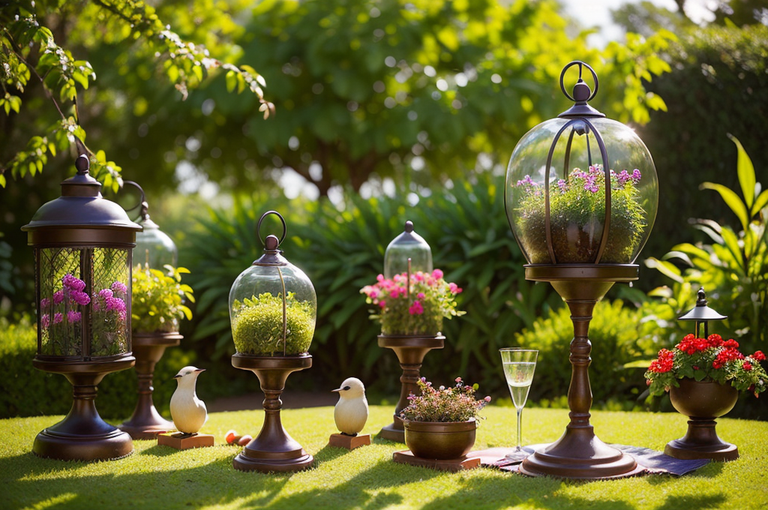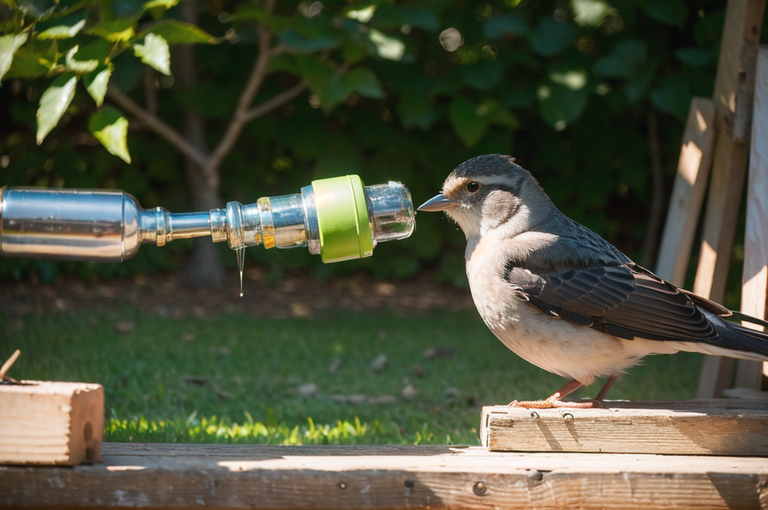The Right Way to Feed Ducks: What to Give and What to Avoid for Their Health and Wellbeing

This article emphasizes the importance of responsible feeding practices for ducks, discouraging bread and processed foods while recommending nutrient-rich alternatives like seeds, nuts, grains, certain fruits and vegetables, and mealworms.
Introduction to Feeding Ducks
Hello dear readers, in our avian journey today, we’ll explore a rather routine activity that requires deeper understanding feeding ducks. You see, casually tossing food at our feathered friends may seem like an innocent act, but the implications run deeper than you might think!
Purpose of Feeding Ducks
”Why feed ducks?” you might wonder. Well, it isn’t merely to fill their bellies or to entertain us humans, no. Correct feeding practices play a vital role in their health and also in the preservation of our natural ecosystems. Ah yes, like the great interconnected themes in the sing wild bird sing book, every little action matters.
General Guideline for Feeding Ducks
So, how do we ensure we’re feeding our quacking companions responsibly? The answer lies in moderation and appropriate food items. Ducks relish dark, leafy vegetables, grains such as oats or rice, and birdseed. Just remember, too little leaves them hungry and too much can cause damaging health problems.
Consequences of Irresponsible Feeding Practices
That brings me to my final point, dear readers. Ill informed practices, like tossing bread crumbs or overfeeding, can lead to worrisome health risks for ducks and disrupt the ecological balance. Alas, love for our avian friends must not lead us astray; instead, let it guide us to more responsible ways of interacting with these marvelous creatures.
Through simple measures such as these, we can foster a harmonious coexistence with our feathered friends, ensuring their wellbeing while enhancing our own understanding of the avian world. Isn’t that something spectacular to contemplate?

What Not to Feed Ducks
Perching here with the dawn chorus as my soundtrack, I can’t help but recall a phrase that always brings a smile to my face: sing wild bird sing jacqueline omahony. With the same joy of unfettered avian harmony, it’s crucial that we know what not to feed ducks to assure their health and longevity.
The Truth about Bread for Ducks
Bread, dear friends, is a major culprit. Mildly intoxicating for some, bread isn’t beneficial for our aquatic friends due to its high amount of salt and carbohydrates. When consumed in excess, it can lead to potentially fatal imbalances in their system.
Harmful Processed and Unhealthy Foods
Then comes quite a tricky ensemble on their list of harmful inputs processed foods. Pizza crusts, fries, or anything else that comes out of a fast food window can wreak havoc on their delicate constitution. These items are oil laden, contain preservatives, and are high in salt content, none of which align with a duck’s dietary needs.
Fruits and Vegetables to be Avoided
In their natural surroundings, ducks may indulge in a variety of fruits and vegetables but not all are beneficial. Citrus fruits, avocados, and onions sneak into the ‘avoid’ category. High acidity in citrus and toxic compounds in avocados and onions can have grievous effects on their health.
As dawn gives way to the rising sun, my mind turns to the countless ducks I have seen unknowingly nibble on these harmful items. We all share a collective responsibility in keeping them safe, which begins with understanding what they should, and most crucially, shouldn’t eat. Just like the sweet notes of sing wild bird sing jacqueline omahony, our awareness and actions can play a significant role in preserving the harmonious melody of nature.

Recommended Foods for Ducks
As an ornithologist, I have examined and understood the dietary needs of ducks quite intimately. Ducks, like every organism in Mother Nature’s grand tapestry, have unique nutritional requirements that must be addressed to maintain their vitality and enhance their natural beauty. That being said, let me weave you into the dietary wonders that are suitable for these beautiful creatures.
Nutrient-Rich Foods
Our first dive is into seeds, nuts, corn, oats, and mealworms. These nutrient laden morsels are to a duck what water is to a thirsty desert wanderer. Each provides essential proteins and fats, much needed for their energy and growth. Make no mistake, observing a duck dive for a delicious mealworm beneath the surface of the water is a sight to behold!
Beneficial Fruits and Vegetables
The common fruits we ignore in our daily lives, like watermelon, berries, and bananas, along with vegetables like peas, are, in fact, little packages of good health for ducks. They offer a range of vitamins and minerals that are crucial for health maintenance and disease resistance. On a warm summer’s day, the sight of ducks delighting in chunks of watermelon can warm any heart.
Role of Grains in Ducks’ Diet
The sturdy stalks of corn and oats, upon examination, reveal their essential nutrients and fiber, forming the bedrock of a duck’s diet. From providing energy, detoxifying their body, to aiding in digestion, these grains are truly life giving. The rustle of ducks feeding on a corn field under the morning sun, it’s an avian ballet I’ve had the pleasure of witnessing across seasons.
In essence, the diet of our water bound compatriots is as varied as any gastronomist’s palate a beautiful symphony of nutrient rich foods, life giving fruits, vegetables, and the wholesome grains. It’s a dietary journey thrumming to the call of sing wild bird sing, an antigen to the harsh fast food culture of human society.

Additional Feeding Guidelines
Ah, the art and science of feeding our feathered companions.🦆 It’s a delicate interplay, but worry not, I’m here to guide you through it. And somewhere within our journey together, we might find the answer to one of the most intriguing questions: can ducks eat wild bird food?
Protein Source: Mealworms for Ducks
First off, we must discuss the importance of protein in the form of mealworms for ducks.🐛 From a young age, these creatures require a rich source of vitamins and essential nutrients that are readily available in mealworms. As a gardener appreciates the blossoming of their plants, you’ll find immense joy in witnessing the nourished growth of our feathered friends, assuring you are giving them not only sustenance but a boost of vitality.
Correct Quantity and Frequency of Feeding
Balancing the quantity and frequency of meals is essential as well. Excessively feeding these critters might disrupt their migration patterns and disturb our ecosystem’s balance. Everything in moderation, my friends. It’s a mantra not only for our lives but also for the birds we share our earth with. By maintaining balance, we ensure their health and wellbeing, as well as the harmony of our shared environment.
Current Regulations on Bird Feeding
It’s also important to discuss current regulations, which, believe it or not, exist for a reason. Take the bird feeding ban in Amsterdam, for instance, introduced to promote responsible feeding practices. As much as we love to toss breadcrumbs to those cute little ducks, it’s time we became aware of the impacts and adjusted our habits for the benefit of all creatures, big and small.
Let these guidelines be your beacon when feeding our feathered friends. Be it the ducks in your backyard or the wild birds of your local park, each creature warrants our care and attention towards their dietary needs and overall well being. Remember, feeding birds is an art. With a sprinkle of knowledge and a dash of mindfulness, we can transform this daily chore into an enriching, rewarding experience.
Summary and Key Takeaways
Just as in my beloved sing wild bird sing book by Jacqueline Omahony, the lessons from nature are surprisingly applicable to our own lives. After reading this article, I hope you’ll walk away more enlightened about the dos and don’ts of feeding wild birds, much like I did when I first read the sing wild bird sing novel.
Foods to Avoid
For our avian friends, not all foods are created equal. Ducks, much like all wild birds, should not be given processed foods, like bread. The dangers of feeding these to birds are akin to the startling transformations faced by the characters in sing wild bird sing jacqueline omahony. You might be surprised to find that certain fruits and vegetables can indeed be harmful to wild birds. It’s crucial to remember that a food’s suitability for us does not equate to its safety for them.
Recommended Foods
Much like the lyrical prose of sing wild bird sing, the ideal wild bird diet is rich and diverse. Nutrient dense food options, such as suitable fruits, vegetables, and grains, are much like the enriching tales woven by Jacqueline Omahony. They provide a balanced meal for our feathered friends. But, can ducks eat wild bird food, you ask? While domestic bird food choices can be supplemented, the best diet is always nature’s bounty.
Feeding Practices
Feeding practices are just as important as the food choices themselves. Each meal we share with wild birds should be centered around responsibility and respect for their natural habits. Similar to Arbor’s journey in sing wild bird sing, understanding and empathy underscore these practices.
In closing, our interactions with birds are as much about feeding as they are about sharing the magic of their world. Every bird song is a reminder of our shared planet, a melody calling us to be mindful custodians and true friends, just as I felt profoundly connected when I read sing wild bird sing.


